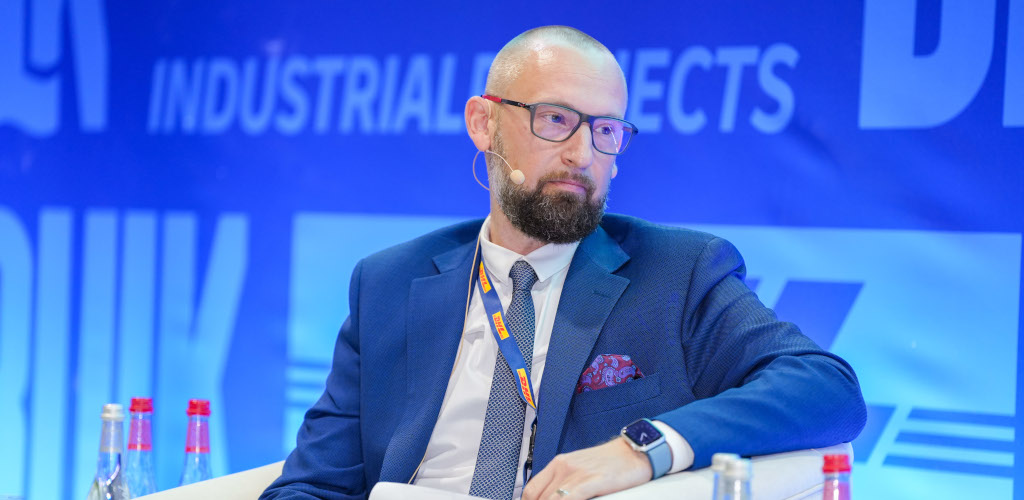Apr 02 | 2024
DHL’s Peter Dudas Assesses Shippers’ Growing “Proactive Role” in Project Planning
 By Carly Fields
By Carly FieldsIn the wake of the Covid-19 pandemic, the landscape of industrial projects has undergone significant transformation, prompting businesses to reassess their strategies and adapt to the evolving dynamics.
Speaking to Breakbulk, Peter Dudas, head of global commercial and tendering strategy at DHL Industrial Projects, said that Covid-induced disruption put many businesses into “extreme self-preservation mode.”
On the one hand, projects were suspended or even cancelled, and on the other shipping rates escalated to historical highs, commitments were abandoned, and risk appetites were re-evaluated in turn.
Consequently, some traditional engineering, procurement, and construction contractors “no longer want the risk associated with construction activities.” At the same time, project owners are seeking “more control and visibility, leading to a more integrated approach that also changes who procures logistics and shipping services, and how,” he said.
One notable trend that became dominant in project logistics in 2023, Dudas noted, is the shift towards modularization, intensified by travel disruptions during the pandemic.
Moreover, the surge in “green” projects, such as large-scale green hydrogen initiatives, presents unique logistical challenges due to the magnitude and complexity of the projects. This paradigm shift has necessitated a recalibration of value propositions by forwarders to align with evolving cargo flows and project requirements.
In response to these changes, cargo owners have assumed a more proactive role in managing logistics risks, Dudas said, with better planning, contracting strategically and splitting scopes.
“This ‘unbundling’ means less opportunity for forwarders hedging commercial risks which actually may hinder competitiveness,” he said. “At the same time the sector is crying out for better solutions to support their sustainability efforts while also managing the HSE risk of projects.
“As an industry, we collectively need to recognize that there are inherent risks in the industry that no single party will be able to mitigate beyond certain parameters and work together to respond when those thresholds are breached.”
DHL Industrial Projects takes a holistic approach to navigate the changing landscape. Collaboration with colleagues across divisions enables a deep understanding of macro trends, while customer feedback informs its value proposition.
We spoke to Dudas at this year's Breakbulk Middle East in Dubai about the challenges of devising long-term strategy amid such market volatility. Watch the interview here:
DHL Global Forwarding's Industrial Projects division will be exhibiting at Breakbulk Europe 2024 on 21-23 May at Rotterdam Ahoy, the Netherlands.
